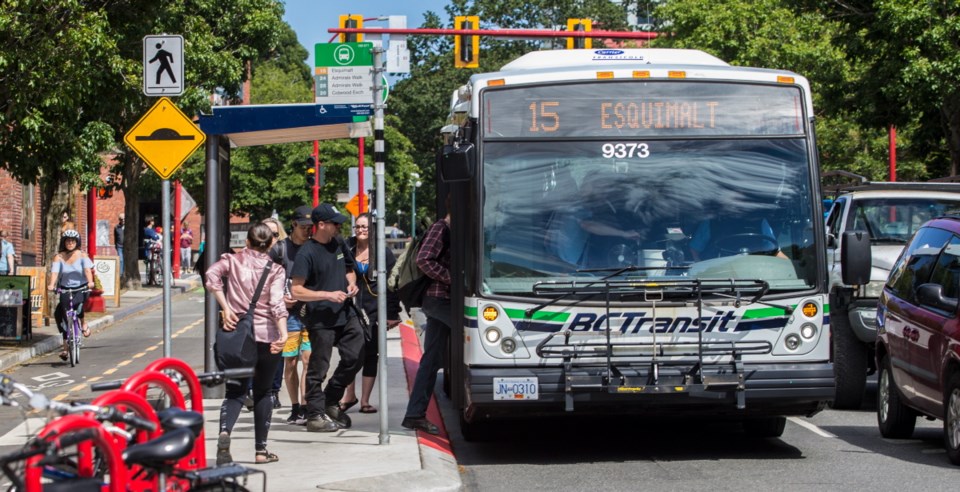Last week, I discussed the Institute for Healthcare Improvement’s key principle — that every system is perfectly designed to get the results it gets — and suggested we apply it to society as a whole. Which raises the question: What results do we want?
I suggested we need to create a societal system that is perfectly designed to enable all the people of the world to live good quality lives within the bounds of the Earth and its ecological systems.
What might such a system look like?
A good place to start is to change the focus of public discourse and public policy from economic development to human and social development. We have come to believe that progress and success mean being wealthy and accumulating more stuff — regardless of who gets less while we get more, and regardless of any harm that we do to the Earth and its living systems.
But economic development must be the means, not the end; it must support the goal of maximizing human and social capital in an ecologically sustainable and socially just way.
A key question, then, is what sort of economic system would do that and how do we get such a system? We need to examine all public and private sector policy decisions, especially economic policies, and ask: “Do they move us toward or away from this goal?”
One key instrument of public policy is taxation. The fundamental principle here is to tax the things society doesn’t want, and not tax the things we do want. Hence the carbon tax, tobacco taxes and so on.
In the energy sector, this would mean taxing fossil fuels based on their environmental and human-health impact, with the highest taxes going on coal, dirty oil (e.g. the Alberta oilsands) and dirty (fracked) gas.
Cleaner fossil fuels, such as non-fracked gas, would get lower taxes, and there would be no taxes at all on energy-conservation goods and services and clean, green, renewable-energy sources.
The increased taxes raised from the fossil-fuel sector would help drive down demand. Until those taxes dried up, they could be used to support the energy-system workforce to transition to the growing conservation and renewables sector and to fund research on green technologies.
Such an approach could also be used in the area of consumables. We should reward products that have a long life and are designed to be recyclable or repairable, while heavily taxing (or banning) single-use, disposable products. We should give tax breaks for car-sharing programs, bikes and public transit, and put higher taxes on larger vehicles.
We can also extend this approach to our diets, with higher taxes on unhealthy foods high in sugar, salt and fat, and on meat, especially beef, which has a large environmental impact. This would both improve health and protect the environment.
Then there are the perverse incentives in the system, which might have seemed like a good idea at the time, but now take us in the wrong direction, such as tax breaks and subsidies to the fossil-fuel industry. These would need to be removed and transferred to the clean-energy industry.
Another set of perverse incentives is associated with suburban sprawl; a 2013 report from the University of Ottawa’s Sustainable Prosperity project notes that “current price structures encourage sprawl while obscuring significant costs.” In Halifax, for example, the true costs to the city for the higher infrastructure needs of suburban living were roughly 2.5 times greater per person than for urban living.
Other hidden costs include the much higher energy consumption of an auto-dependent community and associated poor air quality, congestion and long commutes. Clearly, we can’t afford suburban sprawl — and yet we keep building it.
No doubt people will object that all this will make the cost of living higher. It probably will, so we must also use the taxation system to ensure that life does not become unaffordable for people living on lower incomes.
But we need to stop living in a fool’s paradise where everything is cheap and disposable, because we are not, in fact, paying the true costs of our goods and services.
I will return to this topic next week.
Dr. Trevor Hancock is a retired professor and senior scholar at the University of Victoria’s School of Public Health and Social Policy.



